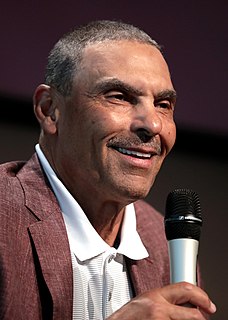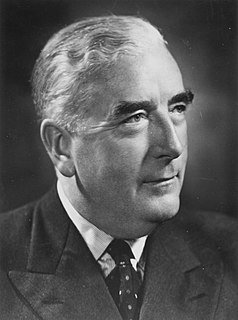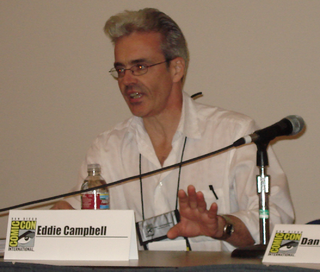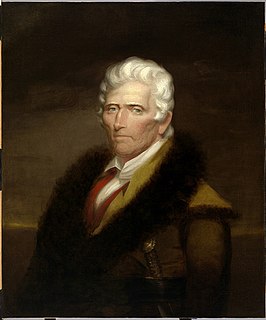A Quote by Edmund Hillary
I never talk about being leaders and all the rest of it. I can only remember one or two occasions in my life when I actually issued orders, and I felt thoroughly miserable after doing it.
Related Quotes
One thing that I feel very, very strongly is that we talk about Islamic countries, Islamic people, Islamic leaders, as either moderates or extremists. It's almost like there are only two categories of Muslims. And actually, that doesn't show respect. It shows lack of understanding of the diversity of Muslim thought.
And be silent for the most part, or else make only the most necessary remarks, and express these in few words. But rarely, and when occasion requires you to talk, talk, indeed, but about no ordinary topics. Do not talk about gladiators, or horseraces, or athletes, or things to eat or drink - topics that arise on all occasions; but above all, do not talk about people, either blaming, or praising, or comparing them.
One journalist said that everybody in Russia is miserable. Russia is a terrible place. And I'm going to end up miserable and I'm going to be a drunk and I'm never going to do anything. I don't drink. I've never been drunk in my life. And they talk about Russia like it's the worst place on earth. Russia's great.
I was 12 and I remember everything. I mean, I had done two films before that. The first was actually with Amy Heckerling. It was so brilliant to work with her on my first film. Atonement was the third one I'd done, and I remember how it felt to arrive on set every day. I remember how it felt to get my wig off at the end of the day. I remember how hot it was.






































